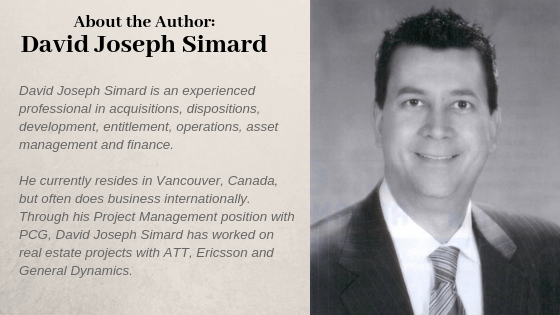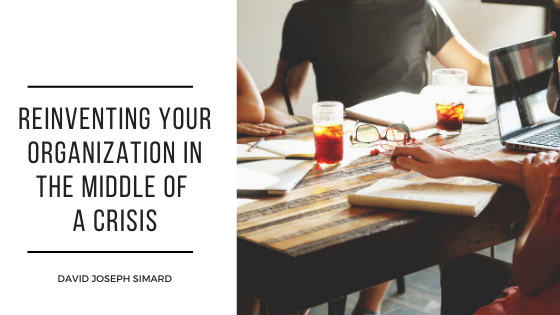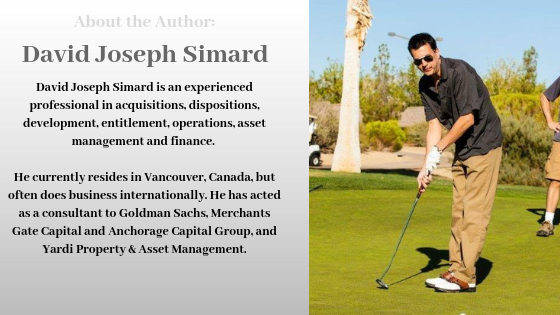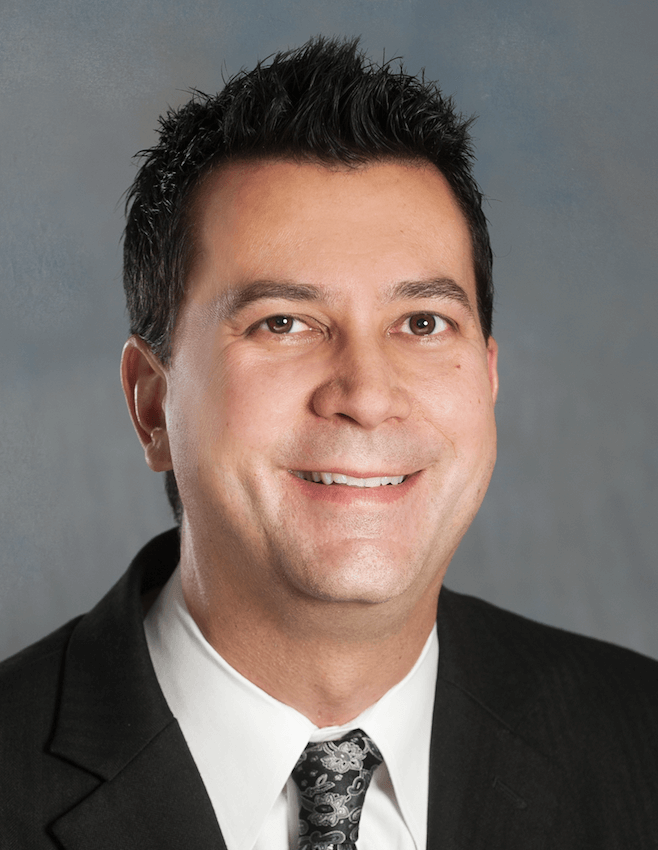
How to be an Effective Leader During the Great Resignation
Effective leaders learn fairly quickly to develop a range of leadership styles that they can access depending on the situation. Although there are times when barking orders and issuing commands is not only appropriate but highly effective, there are also times when doing the same thing will only create resistance and chaos. After more than a year and a half of living in crisis and panic mode, people are exhausted, burned out, and dropping like flies. Here are three tips for leading during the Great Resignation.
Don’t push
There is a time for pushing people beyond their perceived limits, but this is not it. Right now, it would be wise to simply assume that almost everyone is reaching a breaking point of some kind, and some are closer than others. If you push your people too hard, you just might not ever see them again. Conversely, you still need people to show up and do at least the most important parts of their job. Instead of pushing your people to perform at 100% or beyond, see if you can find where their 60%, 70% or 80% is and see if they can accomplish that. After all, 70% is still 70% better than nothing.
Inspire people to make it through the day
There are times to dream big and make big, hairy, audacious goals. This is most likely not that time. Right now, it is a major victory for many to just make it through the day. While this is certainly a time to motivate and inspire people, be careful that you aren’t trying to motivate or inspire them to do a task so large it just inspires hopelessness instead.
Make sure you are choosing the right things to focus on
In earlier seafaring days, when a captain was trying to navigate a ship through a raging storm, throwing any unnecessary items overboard to lighten the ship’s load was common. Businesses, companies, and leaders have to understand that we are navigating a global storm right now, and those who survive will be those who got rid of everything that didn’t matter and focused all of their energies and efforts on the few remaining things that do matter.
The future of the great resignation
While individuals are leaving their positions for better opportunities, the future of this trend is unknown. The lack of employees could lead some companies to consider outsourcing the work to other countries. This option will significantly cut down on the costs associated with having full time employees on staff. Only time will tell what options and other ideas companies will come up with to replace lost employees as the great resignation continues.
This isn’t a trend that will be going away anytime soon. Check back for updates as well as keep an eye on the national news in your area.


Reinventing Your Organization in the Middle of a Crisis
Everyone talks about the importance of recovering from a crisis, whether it’s a war, pandemic, or natural disaster. Part of that recovery is bringing back small businesses and nonprofit organizations that were hit hardest by the disaster. While the crisis is ongoing, it’s recommended that every organization start rebuilding and reinventing everything from their brand to their assets.
Reevaluate the Audience
During a crisis, people’s needs and attitudes change. They may either decide to quit using certain products or services, switch to a new provider or continue with business as usual. Customers may realize that they can receive the same product purchased online and delivered, without having to deal with traditional retail traffic. The same customers that were loyal before may feel insecure and decide to switch teams. In real estate, people who may not have previously been interested in buying or selling their home may reconsider adapting to changing norms or take advantage of the market. The first step is to know the people who have been lost, those who are still loyal, and those who will become new clients.
Review Changes in Laws
During a crisis, the first changes happen to local, state, and federal laws. The next step is to understand significant law changes and how they affect the organization and its industry. Reviewing these laws is necessary when creating new policies and procedures that everyone must follow. Depending upon the locality, the government may have instituted procedures for showing properties safely or put restrictions on home inspections. It’s important to be aware of all regulations to ensure that your employees and clients feel safe.
Furthermore, there are many federal and local assistance programs, especially for retailers hard hit by COVID. It is important to understand if you qualify, deadlines, and what you will need to submit to take advantage of these programs.
Hire New and Improved Employees
During a crisis, most employers know which employees are valuable assets and which ones are incompetent workers who need to be released from their duties. New and improved employees need to be added to the staff. They include professionals with specialized skills and knowledge that are required to improve the organization. When hiring, consider the need for new, specialized skills like proficiency in conducting virtual tours and working independently from home. It is also important that employers find new ways to keep employees engaged and committed since many will have flexible working arrangements.
Rebuild the Marketing Campaign
Once the new audience is chosen, the next step is to rebuild a marketing campaign from the ground up. Different clients have different habits and interests that must be known. It’s also important to know which type of advertising method they would prefer when being contacted by a business or organization. Research different types of advertising strategies to maximize your marketing effectiveness in the moment; for example, consider taking advantage of social media’s prevalence to launch a campaign there or consider email campaigns in lieu of tactics like traditional signage.
Prioritize Your Team
Your team is the most vital asset. Make sure you keep them apprised of any changes you decide to institute, including emergency furloughs or moving to remote work. They are also a valuable resource in helping you make adjustments to your policies quickly, as they are on the ground and can generate innovative solutions you may not have considered. If you treat your employees with respect and kindness throughout a crisis, they can be the deciding factor in helping your company survive and grow despite overwhelming odds. Loyalty goes a long way in maintaining a committed workforce.
Focus on Past Mistakes
A crisis exposes the past mistakes that managers have made, which have led to current misfortunes and setbacks. This is the perfect time to focus on these mistakes and strive to make changes for now and the future. During a crisis it is easier to see the many mistakes that were made by the management team. However, it’s the perfect time to make changes that will reorganize, restore and renew an organization.


How Will COVID-19 Change the Face of Leadership
Every industry has endured the impact of the ongoing pandemic, and the lasting effects will continue to change the way we operate in personal and professional capacities. When it comes to the future of leadership, COVID-19 has disrupted traditional standards and altered how leaders are expected to behave and operate.
Personalization Over Standardization
Standardized practices have often been heralded as efficient. While efficiency is profitable and productive, the pandemic and a massive shift to remote work have demonstrated that cookie-cutter solutions are not the way to go. Instead, employees, leaders, and clients alike benefit from personalization and tailored business and service approaches. It will still be important to cultivate and uphold standard practices, protocols, and systems. Still, leaders should be ready to embrace flexibility, individuality, and innovation to achieve goals and fulfill responsibilities.
This shift toward a more personalized business attitude will require leaders to scrap outdated metrics, accept failure as an inevitable learning experience, and acknowledge the importance of boosting individual strengths and ideas over the collective.
Hyper-Global Networking
As a result of the new pandemic health guidelines, many businesses took a remote approach to protect their employees and clients. This shift opened new paths for employment, marketing, sales, and more. With some businesses adopting a fully-remote practice, opportunities to hire outside their physical location have increased exponentially; additionally, the digital landscape presents more opportunities to attract clients and customers from around the world, giving even local small businesses a shot in the global marketplace. For leaders, this development should encourage a global mindset that takes into account international ideas and practices. It will also prompt leaders to remember that the markets, including the job market, have become more competitive than ever before, giving them a reason to address their internal affairs and promote a higher degree of employee loyalty, engagement, and satisfaction.
Transparency & Open Communication
Leading with fear and secrecy have been standard practices in the past, but the time for those tactics is over. The pandemic has heightened concerns about health, job security, stability, and more. Leaders who fail to acknowledge and understand these anxieties may find that their workforce is often paralyzed or inefficient. Now, more than ever, leaders should strive to be empathetic, transparent, and open in communication efforts. A people-first approach to leadership is proving to be effective; by prioritizing employees’ value and well-being, leaders will find that the long-term benefits are substantial. Leaders should encourage collaboration, promote shared values rather than a broad mission statement, and give employees the courage and confidence to ask for advice and offer their opinions.

About David Joseph Simard
David Joseph Simard is currently a private real estate development and construction consultant based out of Vancouver, British Columbia, one of Canada’s most desirable housing and commercial real estate markets. While paving an unconventional path to his successful career in real estate, Simard has found ways to incorporate his varied experience and education throughout each new project. In addition to the success he’s seen with his own consulting business, David Joseph Simard has also found ways to use his expertise to give back to various public and non-profit organizations. Some of these initiatives include an appointment as the founding President of the Canada Nevada Business Counsel and his service to the Board of UNLV’s School of Business.
Before settling down in Vancouver, David Joseph Simard first found his enthusiasm for real estate and new construction development at the University of Windsor, in Windsor Ontario. Here, Simard studied both industrial psychology and history/international relations. This trend in multi-disciplined education would continue for Simard, as his path then took him down to East Lansing, Michigan. At Michigan State University, he would go on to receive two Bachelor of Arts degrees in both industrial psychology and history/international relations. Forever the proud Spartan, Simard moved ahead with his pursuit of acquiring a Juris Doctorate from MSU, recognized as the highest level of education available in the United States’ legal sector.

It was by total happenstance that David Joseph Simard found his first part-time job in real estate while still in school. This wouldn’t be considered the most relevant job for an international relations major. But, Simard found a fast affinity for his work as a real estate broker and later moved on to the next phase of his career, transitioning to real estate development. Simard didn’t realize at the time that he was beginning a career in the industry that would span nearly 30 years. His path eventually led to the international real estate industry and consulting Fortune 500 companies, keeping their multi-million dollar projects on time and under budget.
David Joseph Simard‘s current role finds him continuing his consulting services for global companies, some of which include General Dynamics, Ericsson, and AT&T. Simard’s varied expertise lends his consulting services in legal, financial, and business operations, while providing turnkey real estate project management solutions. Seeing a new construction project begin to take shape is what has kept Simard on this path. The capability to see a project to completion through all areas of a commercial and residential real estate development has enabled Simard to make his mark throughout the industry. When working with Simard, his clients have echoed the same positive experiences of having worked with a unique talent that can guide them through the full life cycle of a project and across all phases.
In addition to his other public service efforts, David Joseph Simard has also served the Boards of the Lied Institute for Real Estate, NDA, and NAIOP. When spending time outside of his professional path, Simard is a wine enthusiast that you may likely find attending a wine tasting at one of Vancouver’s fine vineyards. He also enjoys more strenuous outdoor activities like snowboarding, skiing, and hiking.
